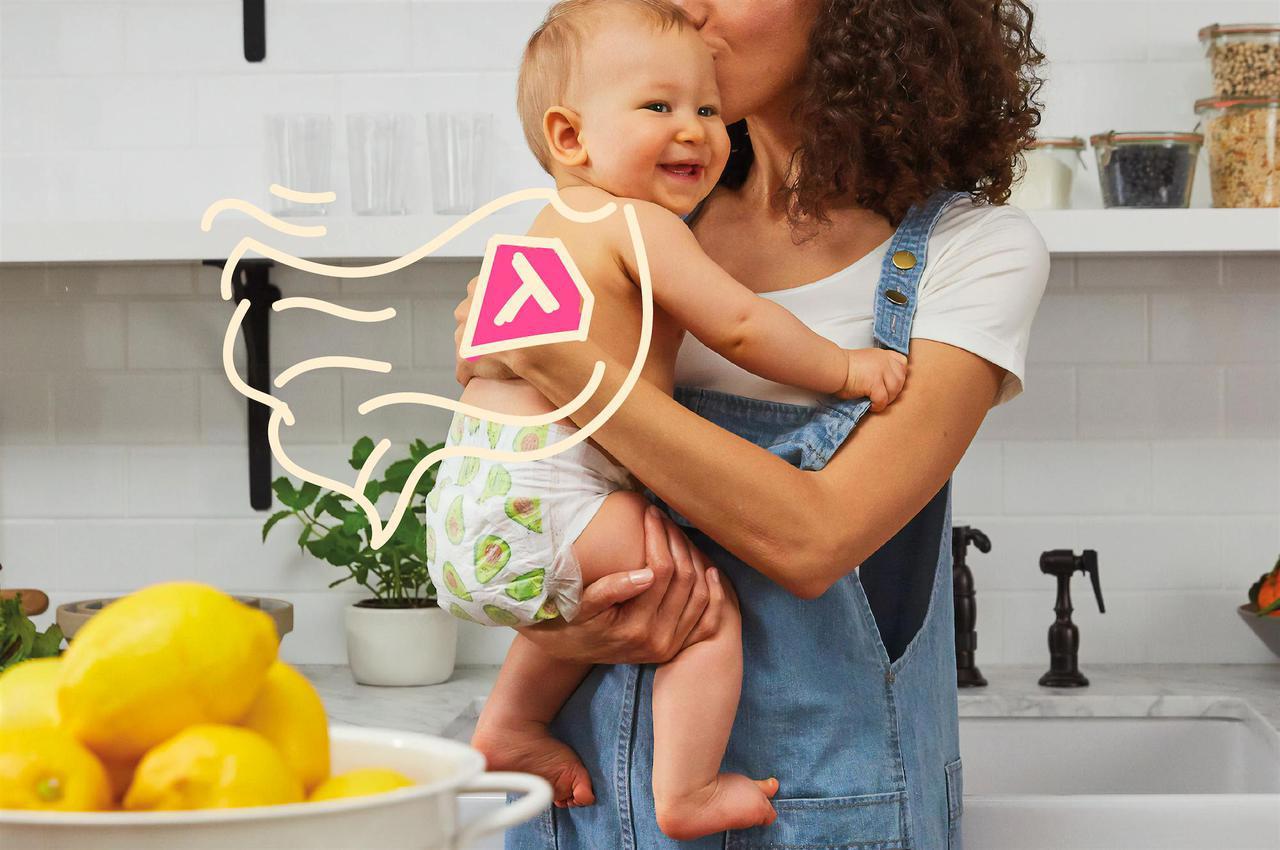
Try and think of all the things you’ve felt guilty about this week as a parent. Too much screen time, a lack of organic vegetables, your child’s disinterest in tidying away their toys…
Parent guilt seems to come with the territory when you have little ones to look after. Perhaps it’s because many households have two working parents, a mortgage, ageing relatives, and never-ending to do lists. No wonder we feel worried about whether we are making the best decisions for our kids.
We’ve come up with all the reasons you shouldn’t be feeling guilty about using childcare. You’re welcome.
This is why you shouldn’t feel guilty about using childcare
You are earning money: when you have to go back to work for financial reasons, know that you are putting food on the table and a roof over the heads of your family.
You are progressing your career: it’s perfectly normal not to want your peers to be snapping up the promotions and moving forward with their careers without you. Going back to work is a great way to model the importance of career to your kids. They see you achieving and contributing to society.
Everyone needs a sanity break: some people are cut out for being at home 24/7 with the kids, but most are not. In order to look after our own mental health, some time away from the children is hugely beneficial.
The kids are learning social skills
‘Childcare is so social for the kids,’ shares mum of two Susan. ‘Kids love playing with kids. They develop these amazing friendships that are completely independent of you.’ They’re learning about taking turns, winning and losing, talking to other children of different ages – these are all important social skills that are hard for one parent to teach at home.
The kids learn to play independently
‘I think childcare really nurtures a child’s ability for free play without an adult directing them,’ says Susan.
This is a valuable lesson for kids, as there isn’t always going to be an adult on-hand to play with them.
‘At home my boys (aged 2 and 4) play independently,’ Susan shares. ‘I don’t know if that’s because of daycare or not, but they really just play so well together without me needing to direct them.
For instance this morning they didn’t come out of their room until 9.30am as they were so engrossed in a game that they had started when they woke up. It was only when they realised how hungry they were that they stopped.’
The kids are preparing for a future at school
Imagine a child attending their first day of kindergarten never having been looked after by anyone but their parents. This would be a very different picture for a child that has attended childcare. They’ll understand about sitting down and listening, waiting for instructions, using the toilet on their own, eating from their lunchbox at the designated time.
They’re forming secondary attachments
As parents your child is naturally attached to you as the primary carer. It’s important for their development to form attachments with secondary carers too, such as their educators and teachers. The kids learn that there are other people that they can rely on to keep them safe and feel good about themselves.
3 QUICK TIPS TO REDUCE YOUR #MUMGUILT
1. Accept help
‘Acknowledge that this parenting thing is really hard,’ suggests mum of one Carrie. ‘If you can do something like half days at first to ease into it, or get your partner or a grandparent to pick them up that is really helpful. Don’t be too proud to accept help.’
This might also mean admitting that you need a hand at home. Asking a partner or significant other to help with the housework, or getting a cleaner, can leave you with more time to spend with the kids.
2. Speak to your employer
‘Try to negotiate right away,’ suggests Susan. ‘Don’t be afraid to talk to your employer about flexible work arrangements. Be open to ideas that work for both sides.
I was scared to put my hand up and say what I wanted. But after I spoke to them I still worked four days a week, but one of those days was at home so I only needed to use childcare three days a week – which made a big difference for us as a family.’
3. Don’t compare and despair
Lamenting over your friend or sister who stays at home with her kids won’t do anything to help you.
Some families have a parent that stays home, some find that daycare works for them, others will use Family Day Care, while some will use a nanny or au pair.
You can also speak with your child’s educators about how you are feeling. You can ask for as much information as you like about your child’s day, who their key carers are, what the learning programs are – basically whatever you need in order to feel comfortable that your child is in a good place.
Don’t ever feel that you are annoying the educators by asking questions or calling up – they understand that they are responsible for the most important people in your world. They won’t mind!
Every family is different, and you need to do what is best for your family.